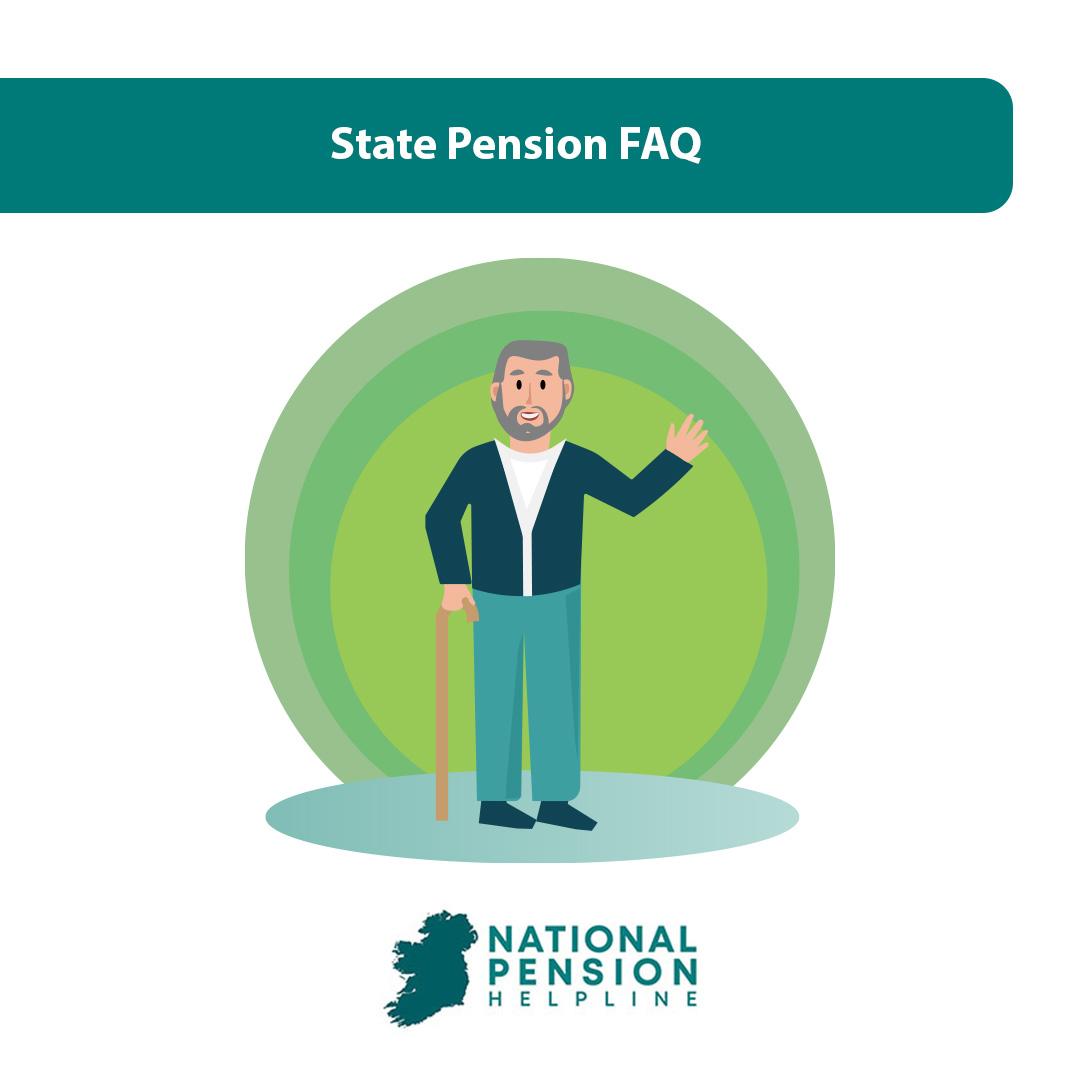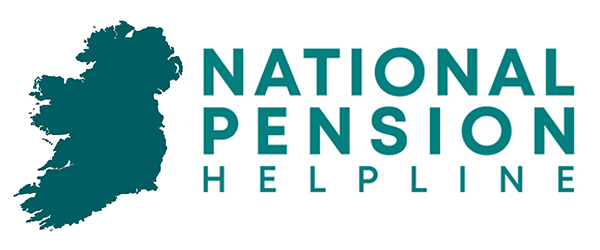If you are planning your income in retirement, you may have a lot of questions about the State pension in Ireland.
Here are some of the most commonly asked questions about the State pension in Ireland so that you will have the knowledge you need to make informed decisions about your pension.
The National Pension Helpline offers reliable information and advice about pensions in Ireland. It is a free, non biased, and confidential service.
What types of pensions are there?
There are various pension options in Ireland, of which the Irish State pension is one.
Occupational pension
Occupational pensions are provided by your employer, these may be known as a company or employer pension.
Personal pension
Personal pensions are pensions that you contribute to as a form of retirement saving, independent of your employment.
They are usually provided by a life insurance or investment company and there are various types such as Retirement Annuity Contract (RAC), Personal Retirement Saving Account (PRSA), or a Retirement Bond.
Public service pension
Public Service pensions are provided for those employed in the civil service and public service or State employees.
State pension
The State pension is a social welfare pension system and there is a contributory State pension and non-contributory State pension.
The State pension is available to those aged 66 and over in Ireland and is provided for from Government funds.
Auto enrolment pension
This new scheme is expected to come on stream in January 2025 and is intended to support employees to save for retirement with their pension savings matched by their employers and also contributed to by the State.
An auto enrolment pension is intended at present to supplement the State pension for retirees.
What is a State pension?
A State pension is a pension provided to those who are 66 and older as part of the Irish social welfare system.
A non-contributory State pension is available to those who are over 66 and do not have enough social insurance (PRSI) contributions to qualify for the contributory State pension, or for those who have no other means.
It is possible to check your Contribution Statement through MyWelfare.ie.
The contributory State pension is available to those who have made sufficient PRSI contributions throughout their working life. This payment is not means tested, which means that you can receive a contributory State pension and have other income sources, such as another private or occupational pension.
How much is the State pension?
The maximum personal rate of contributory State pension in January 2024 is €277.30 per week, if you retire at 66.
If your spouse or civil partner is also over 66, and you are entitled to the maximum weekly rate of payment, you can get an increase of €248.60 for a qualified adult (but this increase is means tested).
Is a State pension taxed?
In general, if your only source of income is a State pension then, even though the pension is taxable, you will not pay income tax on your pension.
If you are over 65, you do not pay income tax if your income is below the following limits:
If you, or your spouse or civil partner are over 65, you may qualify for the Age tax Credit
You are not liable for PRSI if you are over 70, or were over 66 or in receipt of a contributory State pension by 1 Jan 2024.
Social welfare payments, including social welfare pensions are exempt from the Universal Social Charge (USC).
How do I qualify for a contributory State pension?
Put simply, to qualify for the contributory State pension you must have entered employment before the age of 56 and have made a minimum of 520 full rate PRSI contributions in Ireland.
In order to be eligible for the highest rate of contributory State pension, you must have made at least 2080 contributions over your working life.
However, there are different approaches to calculating these totals and qualifying for a contributory pension may still be possible if you have spent time as a homemaker or carer, and/ or if you have been in receipt of social welfare payments.
The rules governing the contributory State pension are complex and it is usually advised that you should always apply for the contributory pension if you have ever worked in Ireland or made any PRSI contribution at any time.
Can I qualify for a State pension if I spent time as a homemaker or carer?
Yes, although the rules around qualifying depend on a number of factors, you may be able to apply for the Homemaker’s Scheme, or Home Caring Periods, or the Long Term Carers Contribution Periods to fill the gap in your contribution record when applying for a State pension.
Can I defer claiming the State pension?
Yes, you can defer claiming your contributory State pension up to the time you turn 70.
This may allow you to continue working to meet the number of contributions required to qualify for a contributory State pension, or to receive an increased amount of payment.
If you defer claiming your pension to age 70, you may receive a maximum personal rate of €337.20 per week, if you qualify.
Can I have both a private pension and a State pension?
Yes, if you qualify for a contributory State pension, you can have both a State pension and a private pension such as an occupational pension or a personal pension.
If you wish to maintain a certain standard of living into retirement, it is advisable to have another source of income to supplement a State pension in retirement such as a private pension.
How will an auto enrolment pension work?
This new scheme is currently expected to start in January 2025. Employees who are not already paying into a pension scheme will be automatically included in the scheme but can opt out after 6 months.
If you are an employee who is aged between 23 and 60, you earn above €20,000 per year and you are not currently enrolled in any other pension scheme, you will be included in auto enrolment.
The rates at which you, your employer, and the State contribute are expected to rise over time but initially employees will contribute 1.5% of their annual salary, employers will contribute 1.5%, and the Government will contribute 0.5%.
The new scheme will be administered by a new State body, the National Automatic Enrolment Retirement Savings Authority.
Can my spouse or civil partner inherit my State pension?
Usually a state benefit ceases upon the death of the recipient, however, spouses, civil partners, cohabitants, parents, or carers may continue to receive a payment for 6 weeks after a death.
If your spouse or civil partner dies and you or your spouse or civil partner has sufficient PRSI contributions, you may continue to receive a contributory State pension.
If your income is low following the death of your spouse or civil partner, and meet a habitual residence condition, you may be entitled to a State benefit in your own right.
Can I receive a contributory State pension and live abroad?
Yes, in some circumstances, you can apply for and be eligible for a State contributory pension and live abroad, if you have sufficient PRSI contributions and satisfy eligibility requirements.
You cannot receive a non-contributory State pension and live abroad.
Can I still work and receive a State pension?
Yes, you can receive a contributory State pension and have other income sources, such as from working.
Can I retire early and receive a State pension?
Yes, if you choose to retire early, you may still receive a contributory State pension at the age of 66.
You must, however, ensure that you continue your PRSI contributions to maintain eligibility for the contributory State pension.
National Pension Helpline
The national Pension helpline can answer your questions about pensions and provide you with information and support in planning your retirement finances.
We also have a free, online Q&A section where a panel of experts can answer your questions. Start by filling in our pension assessment or call us today.




